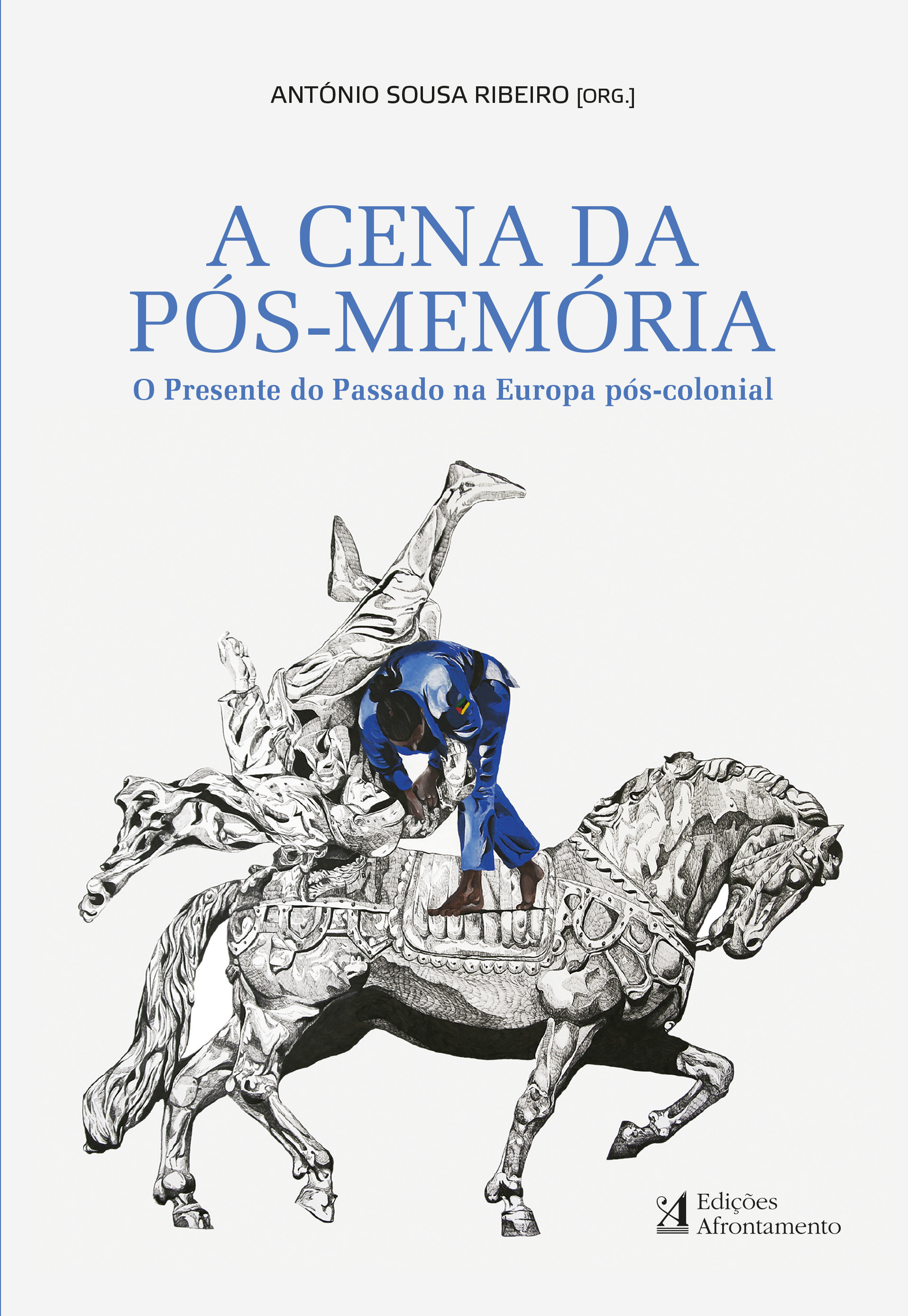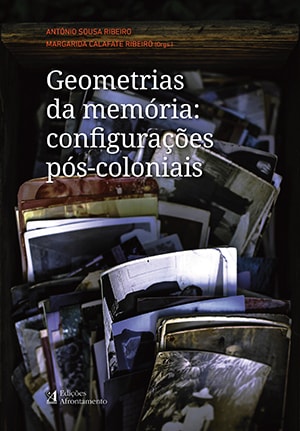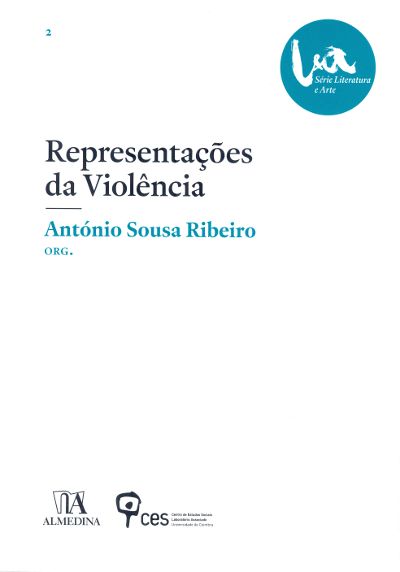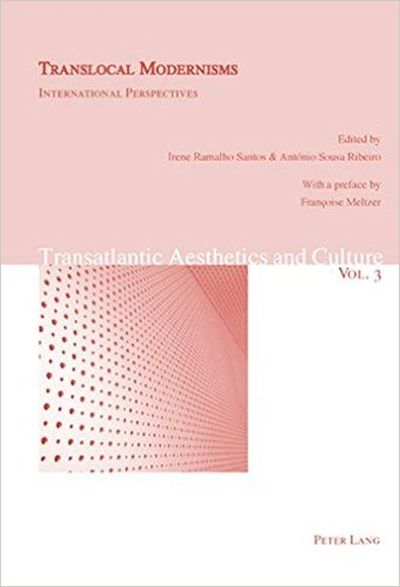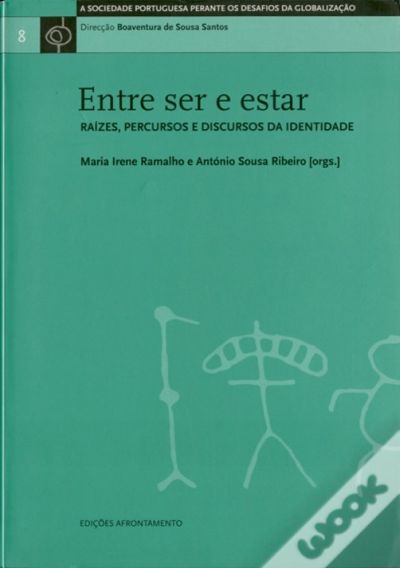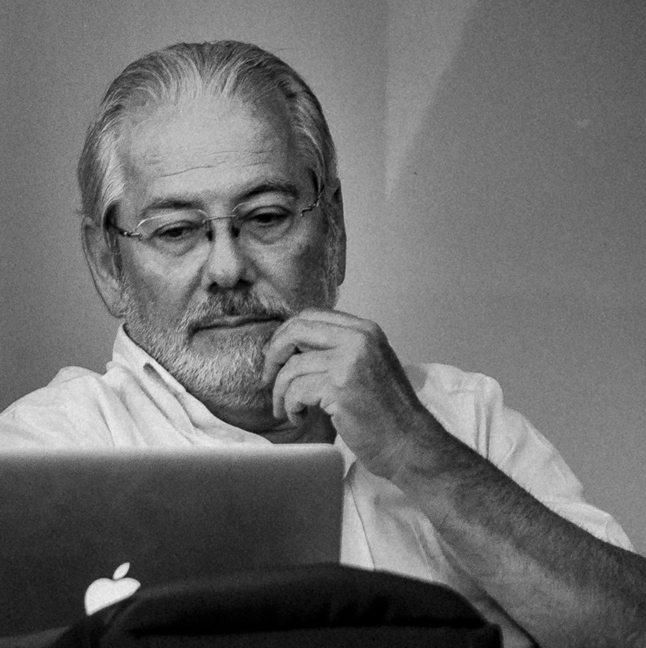
António Sousa Ribeiro
António Sousa Ribeiro is full professor for German Studies at the Faculty of Arts and Humanities of the University of Coimbra and the director of the Centre for Social Studies at the same university. His research interests focus on German and Austrian studies, studies of violence, memory studies, postcolonial studies and comparative cultural studies. Recent publications: Representações da Violência (2013), Geometrias da Memória: configurações pós-coloniais (2016); Einschnitte. Signaturen der Gewalt in textorientierten Medien (2016), A Cena da Pós-Memória. O presente do passado na Europa Pós-Colonial (2021). He is also active as a literary translator.
[image ©João Tuna]
